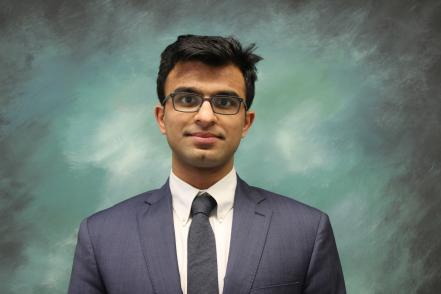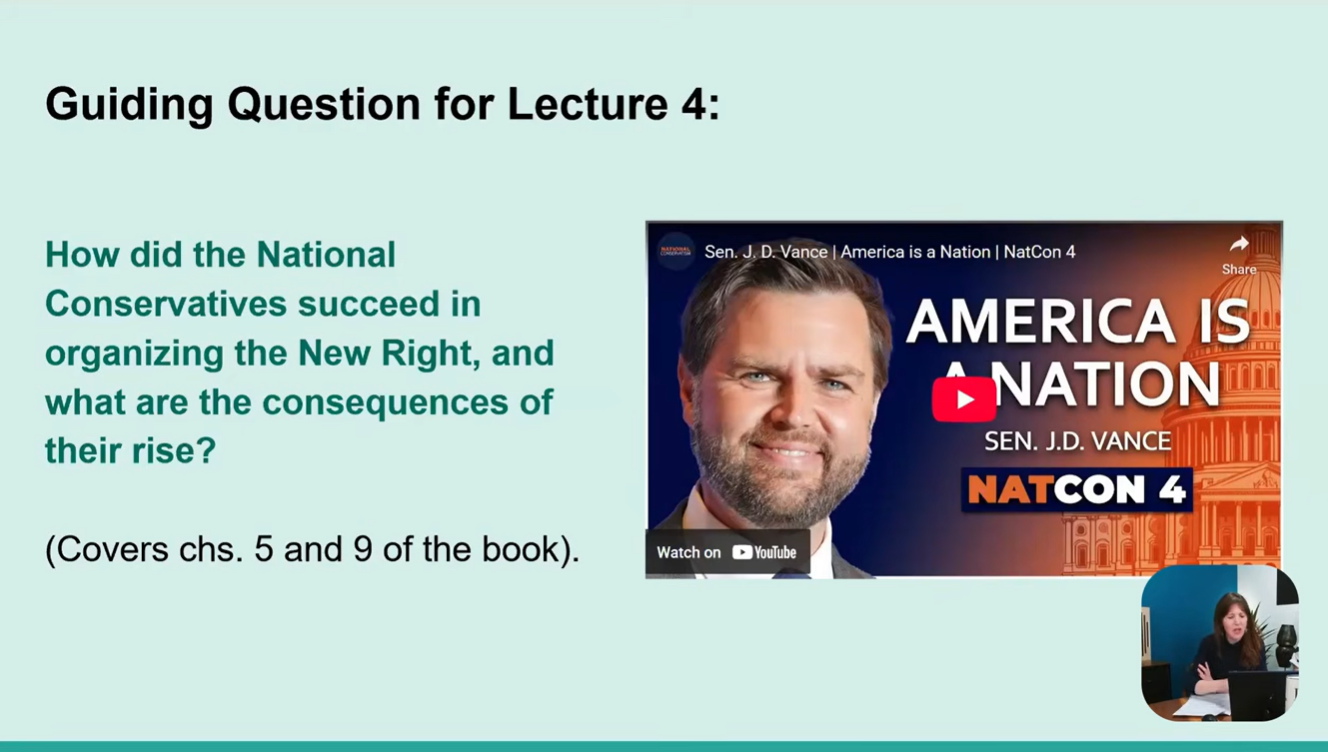The Week That Was: All of Lawfare in One Post
Susan Hennessey and Benjamin Wittes introduced Lawfare’s new podcast series, entitled The Report, which tells the story contained in Robert Mueller’s 448-page report. The first episode is available on all major podcast distribution services:
Susan Hennessey and Benjamin Wittes introduced Lawfare’s new podcast series, entitled The Report, which tells the story contained in Robert Mueller’s 448-page report. The first episode is available on all major podcast distribution services:
James Comey offered a list of questions which, were he a member of Congress, he would ask Robert Mueller.
On immigration security and policy issues, Stephanie Leutert observed that the policy of “metering” at the southern border is nontransparent and leaves asylum seekers in crowded, unsanitary conditions for long periods of time.
On Monday, Vishnu Kannan shared an announcement from the Justice and Homeland Security Departments that the department is amending its regulations to prevent Central Americans travelling through Mexico from applying for asylum.
He later shared both the ACLU’s court filing challenging the Trump administration’s changes to asylum eligibility rules and shared documents pertaining to a second suit challenging the same policy.
Peter Margulies argued that the Trump administration’s new asylum rule exceeds statutory authority.
Vishnu Kannan also shared the government’s application for and the plaintiffs’ opposition to the application for a stay in Trump v. Sierra Club.
On intelligence, Diana Lee and Paulina Perlin examined the variation in defining “collection” across the intelligence community.
Gabe Rottman cautioned Congress about expanding the Intelligence Identities Protection Act (IIPA).
Robert Litt praised Alex Joel’s service following the announcement that Joel would be stepping down after 14 years as a civil liberties protection officer in the Office of Director of National Intelligence.
As part of Lawfare’s ongoing coverage of tech-policy and law, Andrei Gribakov examined the constitutional challenges to California’s quest to apply for an adequacy determination under the EU's General Data Protection Regulation.
Siena Anstis, Ronald J. Deibert and John Scott-Railton argued that the U.N. special rapporteur's reports on the murder of Jamal Khashoggi lay bare the urgent need for restrictions on the private surveillance technology market.
Preston Lim and Rachel Brown shared the most recent installation of SinoTech, in which they cover developments in U.S.-China trade talks following the G20 summit, the effects of trade tensions in Silicon Valley and more.
Stewart Baker shared the most recent episode of the Cyberlaw Podcast, featuring an interview with Harvey Rishikoff and Joyce Corell on the federal government’s cyber supply chain security policies and a news roundup covering a ruling in the United States Court of Appeals for the Second Circuit, the GDPR and more:
Mikhaila Fogel shared the unredacted status report and series of investigative materials relating to the Michael Cohen case released by the U.S. Attorney’s Office for the Southern District of New York on Thursday, July 19.
Vishnu Kannan shared House Judiciary Committee Chairman Elijah Cummings’ letter to the U.S. Attorney’s Office for the Southern District of New York requesting information on the office’s handling of the Michael Cohen case.
Vishnu Kannan and Margaret Taylor summarized Friday’s oral argument in Trump v. Committee on Oversight and Reform.
Jacques Singer-Emery and Patrick McDonnell assessed recent developments at the military commission in United States v. Khalid Sheikh Mohammad, et al.
Vishnu Kannan shared a livestream of the Senate Armed Services Committee’s hearing on the nomination of Mark Esper to be Secretary of Defense.
Christina Arabia argued that U.S. arms sales and military assistance to foreign countries are becoming increasingly secretive.
Jen Patja Howell shared the most recent Lawfare Podcast, in which Benjamin Wittes and Jared Diamond discuss the latter’s recent book, ““Ill Winds: Saving Democracy from Russian Rage, Chinese Ambition, and American Complacency":
She also shared the an episode of the Lawfare Podcast, the third edition of Fault Lines, in which contributors from the National Security Institute at George Mason University discussed U.S. foreign policy issues:
Hilary Matfess analyzed a recent series of assassinations in Ethiopia, warning that these may derail the government’s path to reforms sought by Prime Minister Abiy Ahmed.
Galip Dalay wrote that the increasingly close relationship between Turkey and Russia is allowing the latter to drive a wedge between the U.S. and Turkey.
Dustin Lewis, Naz Modirzadeh and Gabriella Blum examined the actual and potential roles of silence in the identification and the development of international law.
Ingrid Wuerth argued that the conventional wisdom about personal jurisdiction over foreign states and state-owned enterprises is incorrect.
Jen Patja Howell also shared an episode of Rational Security, in which Tamara Cofman Wittes, Shane Harris, Susan Hennessey and Benjamin Wittes discuss Joe Biden’s recent foreign policy speech, the Trump administration’s asylum rules and Jullian Assange’s curious guests at the Ecuadorian embassy:
Reflecting on national security legal history, Matthew Waxman remembered the 1854 U.S. Navy bombardment of Greytown, in present-day Nicaragua, and the ensuing federal court case.
Mary Ellen O’Connell reviewed Rebecca Sanders’ new book, “Plausible Legality: Legal Culture and Political Imperative in the Global War on Terror.”
And Bobby Chesney and Steve Vladeck shared the most recent episode of the National Security Law Podcast, in which they discuss the career and legacy of Justice John Paul Stevens, developments in border litigation, the Privacy and Civil Liberties Oversight Board and more:
And that was the week that was.





